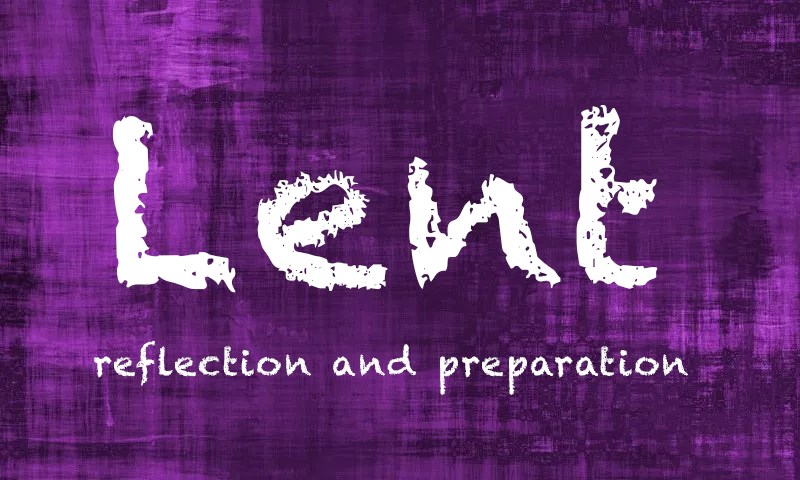The season of Lent is well under way - the approximate 40 days leading up to Easter. The tradition of this season is to “give up” some luxury for a period of time - a self-denial to encourage reflection upon Christ’s sacrifice for us. It is a very good practice.
One year, when I was in college, a friend and I agreed to give up coffee for Lent. It was tough! But we did it. There were some headaches and groggy mornings but following a practice of self-denial taught us to have dominion over the things of life rather than allowing the things of life to have dominion over us. It helped us to realize how dependent we had grown upon even the simple things of life. The act of choosing to give up a “good” allowed us to reflect upon what had been given up for us.
A second theme of Lent that has been unfolding for me over the last few years is that of renewal - life coming from death. In Old English, “Lenten” means “spring season,” when the darkness turns to light, when the cold soil begins to warm, when the colourful birth of life springs forth from the grey sleep of winter’s death.
The renowned horticulturalist Gertrude S. Winter wrote, “The flowers of late winter and early spring occupy places in our hearts well out of proportion to their size.” Why? Because they are hints and signs and promises of the life that is to come, the life that has begun. And life brings joy. That's what Lent is - a hint and sign and promise of the life that is and the life that will be. And life indeed brings joy.
And so Lent begins in darkness, but it points to light. It begins in death, but points to life.
The Canadian singer/songwriter Steve Bell writes of Lent, “…this time gives us the opportunity to know the truth of our lives—that we may turn (repent) and live. It loosens the soil of our souls so that we can, with joy, receive the seed of salvation that comes to us by the grace of Christ’s own death and resurrection.”
Reflect and know the truth of your life. Where is God birthing new joy in you?
Join ThoroldToday+
- Messages
- Post a Listing
- Your Listings
- Your Profile
- Your Subscriptions
- Your Likes
- Your Business
- Support Local News
- Payment History
ThoroldToday+ members
Already a +member?
Not a +member?
Sign up for a ThoroldToday+ account for instant access to upcoming contests, local offers, auctions and so much more.



